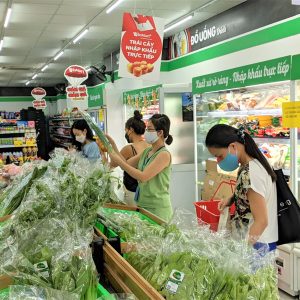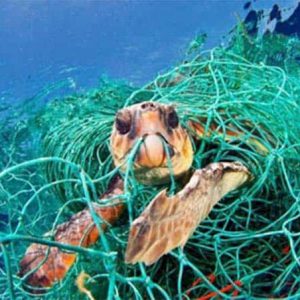Researchers have found that bacteria can be used to turn plastic waste into painkillers, opening the possibility of more sustainable drug production.

According to the Guardian, chemists at the University of Edinburgh found that E. coli can help make paracetamol (also known as acetaminophen) from plastic bottles. “The technology reveals the potential to combine chemistry and biology, enabling more sustainable paracetamol production while cleaning plastic waste from the environment,” said Stephen Wallace, lead author of the study from the University of Edinburgh.
In a paper published last week in the journal Nature Chemistry, Wallace and colleagues describe how they detected a type of chemical reaction called Lossen rearrangements, which is biocompatible. In other words, it is possible to carry out a reaction when there are living cells present without harming them.
The team realized this when they took polyethylene terephthalate (PET), a plastic commonly found in food packaging and bottles, and then used sustainable chemistry, transforming it into a new material. When the researchers annealed the material with a harmless strain of E. coli, they found it transformed into another compound called Paba during the process involved in the Lossen rearrangements.
While the Lossen rearrangement reaction usually requires strict experimental conditions, it occurs immediately in the presence of E. coli, which is catalyzed by phosphate in the cells themselves. According to the team, Paba is the essential compound that bacteria need to grow, especially DNA synthesis, which is often produced in cells from other compounds. However, E. coli used in the experiment has been genetically modified to block this pathway, meaning the bacteria must use PET material.
Next, the researchers modified the E. coli gene further, inserting two genes taken from fungi and soil bacteria, which helped the bacteria modify PABA into paracetamol. When using E coli in this way, they can turn the original PET-based material into paracetamol in less than 24 hours, with low gas emissions and up to 92% efficiency. Although more research is needed to produce paracetamol using the above method on a commercial scale, the results can be applied in practice.
Sources: The Guardian



